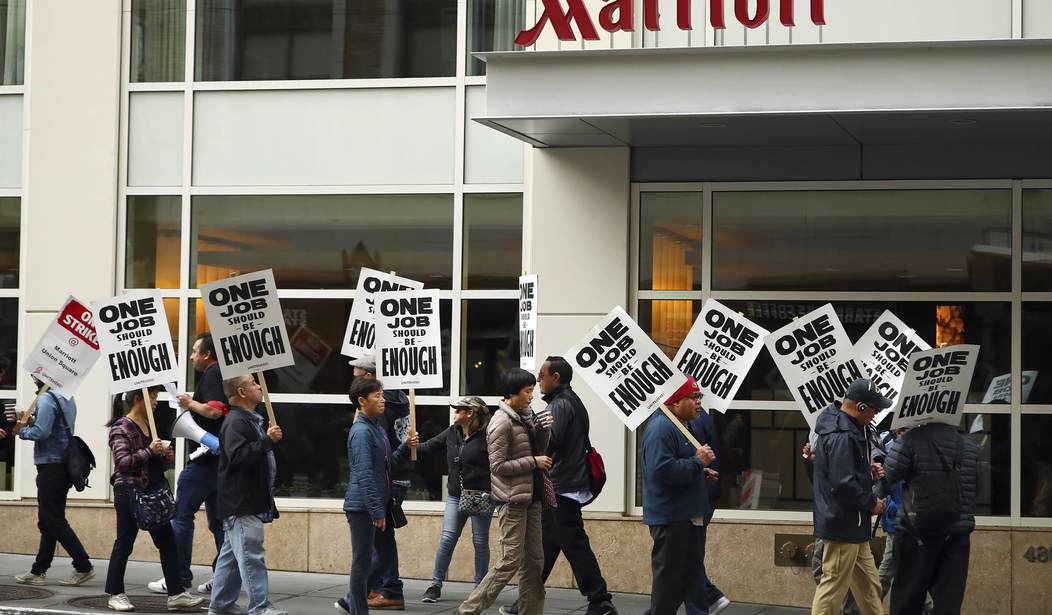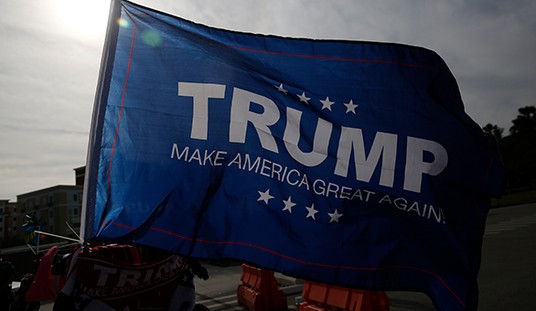As businesses struggle to keep their doors open and employees on the payroll, Congress is about to deal a major blow to thousands of businesses across the country resulting in significant job loss and stripping away employees’ right to privacy if they enact the Protecting the Right to Organize (PRO) Act.
Despite the name of the legislation, the PRO Act goes far beyond just extending the union rights of employees. While the legislation attempts to increase union density and leverage, it fails to consider the negative impact it would have on workers, businesses and the U.S. economy. The bill would threaten entire industries that have fueled our nation’s innovation, entrepreneurship, and job creation for decades.
The PRO Act would alter the nation’s existing labor laws, causing major economic disruption that would put the nation’s supply chains and millions of jobs at risk, while also eliminating opportunities for individuals to work independently through more traditional independent contractor roles or through gig economy platforms.
One of the most disturbing aspects of the PRO Act is the legislation would import into the California Supreme Court’s recently adopted and failed “ABC test” into National Labor Relations Act (NLRA) to determine whether a worker is an employee or an independent contractor. The ABC test makes it very difficult to qualify as an independent contractor, which will result in many workers losing independent contractor status and the freedom and flexibility that comes with it such as determining their own hours, what work they choose to do, and how they perform that work. This is at odds with what independent contractors actually want especially those in the gig economy where many choose independent work because of the flexibility and autonomy it offers.
Recommended
If the economic impacts weren’t scary enough, the PRO Act would enable labor organizers to deploy intimidation and threatening tactics against workers by forcing employers to hand over personal contact information of all employees, even for those who have no interest in joining a union – putting employees at increased risk of harassment, stalking and even bullying on social media.
Rather than safeguarding the secret ballot and protecting workers in labor elections, the PRO Act would mandate that employees sign union authorization cards in the presence of their coworkers and union organizers. By taking away employees’ right to act free from interference, the PRO Act would infringe on individual privacy protections and force millions of workers across the nation into joining unions against their will.
Additionally, the PRO Act would interfere with attorney-client confidentiality, making it more difficult for businesses to secure legal advice on complex labor law matters, and it would prohibit arbitration agreements in employment contracts. It would also remove “secondary boycott” protections that prevent union bosses from using their anti-trust exemptions and immunity from certain state laws to target businesses for anti-competitive purposes other than organizing.
Pushing through this legislation at a time when so many businesses are struggling to keep their doors open and employees retained is deeply short-sighted. For nearly a year, the nation has faced significant economic hardships brought upon by the COVID-19 pandemic. And many of the bill’s provisions would implement policies that have previously been rejected on a bipartisan basis in Congress, overturned by the judicial system and withdrawn by federal agencies.
Lawmakers must realize the detrimental consequences of the PRO Act and focus on protecting our nation’s workers and businesses who provide good paying jobs for working families across the country. The bill would make drastic changes to well-established law, diminish employees’ rights to privacy, and force business across nearly every industry to lay off employees or close their doors permanently – discouraging many young entrepreneurs and innovators from ever taking the leap and starting a new business – potentially crippling our economy and job market for decades to come.
Congress should reject the PRO Act to protect jobs and privacy for America’s workers.
Kristen Swearingen is Chair of Coalition of a Democratic Workplace.
























Join the conversation as a VIP Member